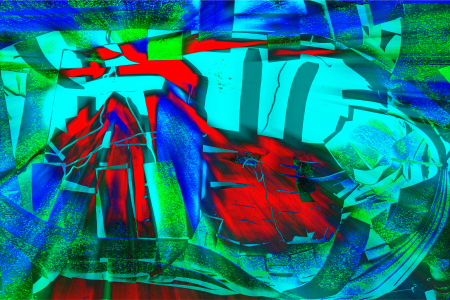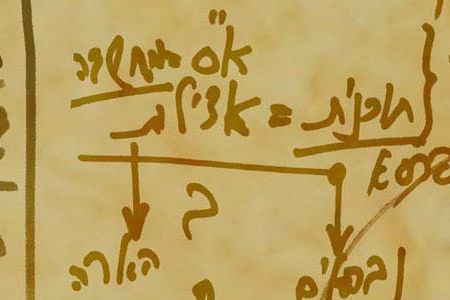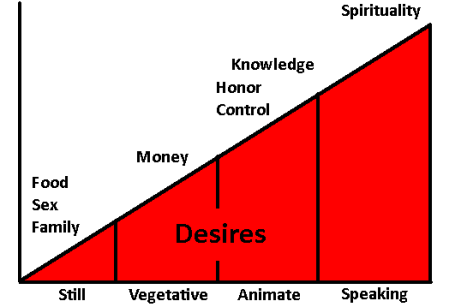
Question: Do we correct the world at the same time as we correct ourselves?
Dr. Laitman: Yes. We correct ourselves and of course, in the correction of each and every one of us we correct the whole world. This is because it is a closed system, and as such, you can only correct yourself through your participation in every single person. Moreover, through your correction, you already prepare corrections in all of the souls, because you are integrated with everyone.
Therefore, if you correct yourself, then that corrected part of yourself exists in all the other souls and, as a result, they already begin to feel something.
This is because there is no single “I.” “I” is integrated in everyone, and there is no “you”—“you” is integrated in everyone. So if, let’s say, a million people correct themselves, and you are integrated with everyone, you therefore start sensing that same part from those little million people who are incorporated in you. How do you sense it? You suddenly get thoughts and desires about things you’ve never ever dreamed of previously, things you’ve never been attracted to.
That is the interconnectedness. We are in the same system of Adam ha Rishon (The First Man), we can’t escape it, but it’s broken, and that’s why those who correct themselves sentence themselves and the entire world to a scale of merit.
Source: Dr. Michael Laitman, in the lesson on Baal HaSulam’s article The Arvut (Mutual Guarantee): WMV | MP3 (55 min)
Image: "new world-4" by rené van haeften.




